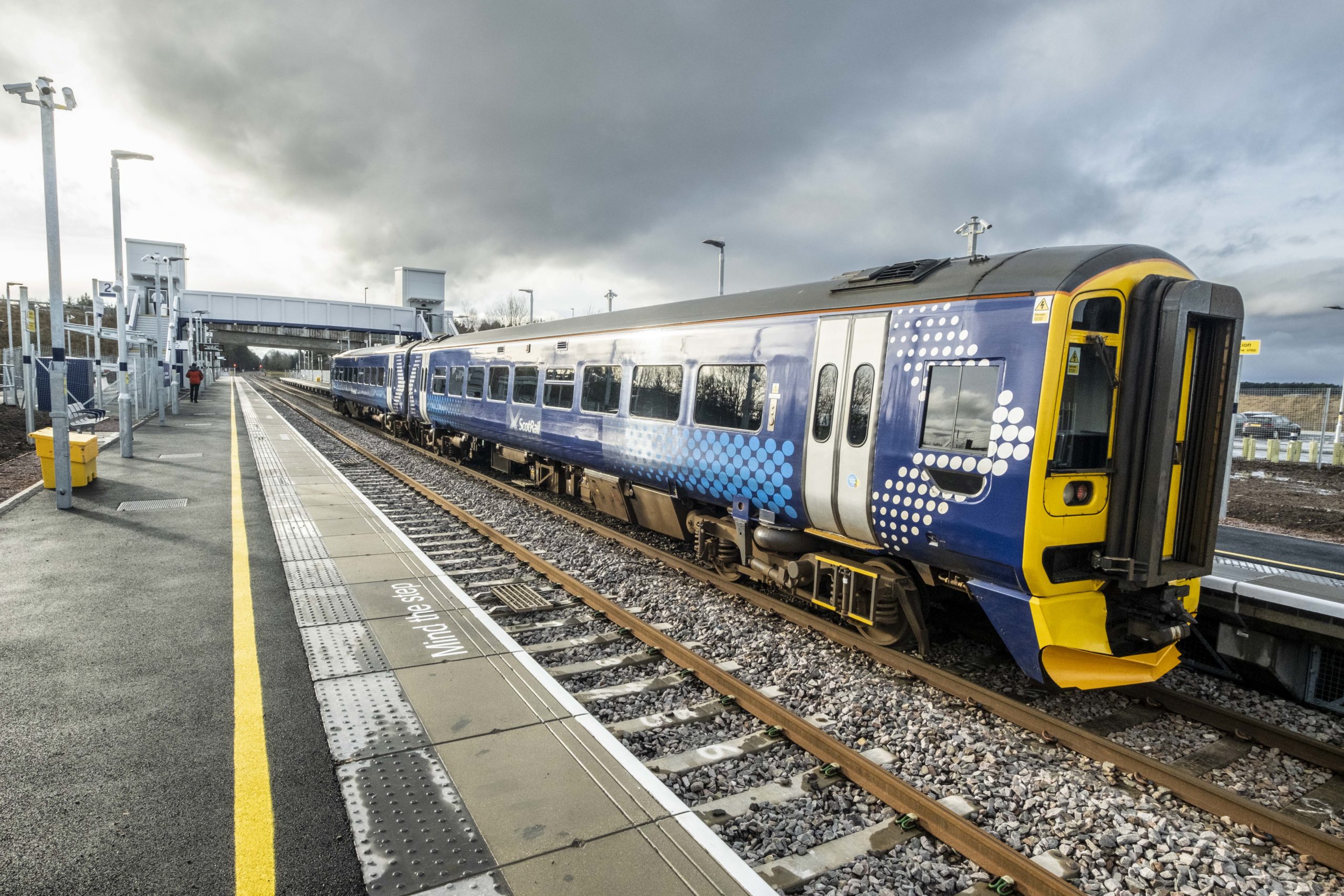Train companies have warned MPs minimum service requirements during rail strikes could worsen labour relations and passenger results, as unions call the legislation a “recipe for disaster.”
Grant Shapps, the business secretary, is planning legislation that would force some employees work during strikes.
The RMT union’s general secretary, Mick Lynch, said the ideas in the strikes (minimum service levels) bill were “not going to work” when the transport select committee questioned him.
Read More: Network Rail RMT members vote to accept new pay offer
The proposed law, which is currently in the House of Lords, would put businesses in the “invidious position” of having to fire employees who refused to end a strike, according to him.
He said: “It will be unsafe.
“Conscripting people to go past their own picket lines and operate complex signalling systems or drive a train is a recipe for disaster.”
The amendments in the bill would grant ministers the authority to determine the minimum service levels that must be provided during strikes in the public sector, including rail, schools, health, and emergency services.
Read More: RMT union suspends Network Rail strikes later this month after new pay offer
Rail executives and union officials told MPs that at many locations, a sizable number of workers from various railway departments would need to work, just to operate a small modest number of trains.
The plans, according to Jamie Burles, managing director of Greater Anglia, could exacerbate concerns hurting labour relations at the moment, given that unions are still at odds after over a year of strikes.
Read More: UK rail strikes called off as union reaches agreement with train bosses
He said it would be “incredibly important that there was absolute clarity over the policy and legislation and the requirement on employers and employees … [or] one of the unintended consequences would be further conflict or stress on the relationship”.
Tom Joyner, managing director of Cross Country Trains, claimed he was unaware of any rail industry figures who had requested the government propose legislation establishing minimum levels of service.
Lynch said any minimum service laws that Shapps referred to in Europe were “honoured in the breach”, and had led to more wildcat strikes and “novel forms” of action, such as walkouts and occupations.
Need Career Advice? Get employment skills advice at all levels of your career
Mick Whelan, the general secretary of the train drivers’ union, Aslef, said the government was looking to introduce “something fundamentally different” that did not exist in other democracies, “affecting the right to strike”.
He said it would violate human rights but would also be a safety issue: “Forcing people to go to work when their colleagues aren’t at work will bring pressure on them that will make it inherently unsafe.”
Lynch added: “It will poison industrial relations. If they sack signallers, we’ll be in absolute crisis, it will be a permanent disruption.
“We’ll have a P&O situation where everyone’s getting sacked, because they won’t break their own strikes … We will have a strategy of non-compliance because it’s an unjust law.”
Source: The Guardian




